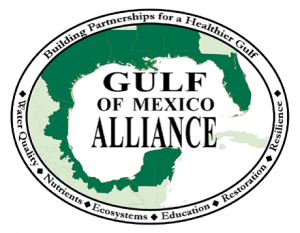To improve the efficacy and consistency of toxin assessments and response, the Gulf of Mexico Alliance (GOMA) produced a guide for Gulf state managers on harmful algal bloom toxin monitoring protocols. GOMA collaborated with federal, state, academic, and NGO partners to advance Gulf ecosystem management through a coordinated, consensus-based approach. The National Centers for Coastal Ocean Science and the Florida Fish and Wildlife Conservation Commission co-chaired GOMA’s Harmful Algal Blooms (HAB) Work Group, part of the Water Quality Priority Issue team.

The HAB Work Group recently completed a Resource Guide for Harmful Algal Bloom Toxin Sampling and Analysis to meet the GOMA Action Plan II action to ‘develop a set of recommended standard HAB toxin monitoring and analysis protocols for adoption by monitoring programs.’ The Resource Guide presents the ‘state of the science’ of HAB toxin monitoring in the Gulf, identifies gaps in toxin sample collection, storage, and analysis, and makes recommendations for integrating and standardizing methodologies and monitoring protocols among the five Gulf states. The Guide aims to advance Gulf-wide HAB toxin detection to improve recognition of toxic events, prediction of HAB impacts, and the effectiveness of response.
For more information, contact Alan.Lewitus@noaa.gov.
